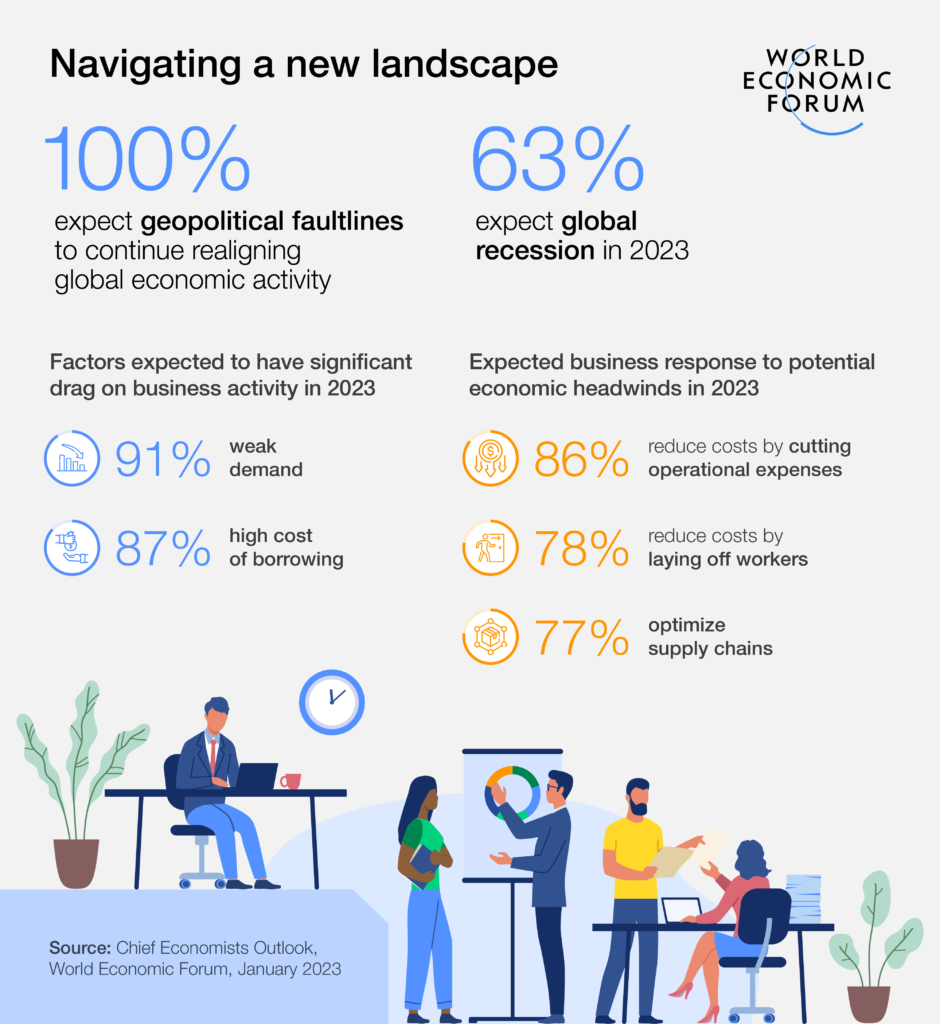As technology continues to evolve at a rapid pace, the future of work is undergoing a profound transformation. The digital age has ushered in new opportunities and challenges, reshaping the job market and requiring workers to acquire new skills to stay competitive. In this article, we will explore the future of work, the emerging skills in demand, and the evolving job landscape in the digital age.
The Impact of Technological Advancements: Technological advancements such as artificial intelligence (AI), automation, and big data analytics are revolutionizing industries across the globe. While these advancements create new efficiencies and possibilities, they also disrupt traditional job roles. HR professionals must anticipate the changing nature of work and proactively identify the skills required for success in this digital era.
Emerging Skills for the Digital Age: In the digital age, certain skills are becoming increasingly valuable and sought after by employers. These skills include:
a. Digital literacy: Proficiency in using digital tools and platforms is essential in almost every industry. Workers must be comfortable navigating digital interfaces, collaborating virtually, and adapting to new technologies.
b. Data analysis and interpretation: With the abundance of data available, the ability to extract meaningful insights and make data-driven decisions is highly valued. Skills in data analytics, data visualization, and interpreting complex data sets are in high demand.
c. Adaptability and learnability: As job roles evolve rapidly, employees need to be adaptable and possess a strong willingness to learn. This includes being open to upskilling and reskilling to stay relevant in a changing job market.
d. Creativity and innovation: As automation takes over routine tasks, workers who can think creatively, generate innovative ideas, and find unique solutions will be in high demand.
e. Emotional intelligence and interpersonal skills: With the rise of remote work and digital communication, the ability to connect with others, collaborate effectively, and demonstrate empathy becomes crucial.
Evolving Job Landscape: The digital age is reshaping the job landscape, creating new roles while transforming existing ones. Jobs that are expected to see significant growth include:
a. Data analysts and scientists: With the proliferation of data, professionals who can analyze, interpret, and extract insights from complex datasets will be in high demand across industries.
b. Artificial intelligence and machine learning specialists: As AI continues to advance, specialists in this field will be needed to develop and implement AI solutions, creating intelligent systems and algorithms.
c. Cybersecurity experts: As digital threats become more sophisticated, organizations require cybersecurity professionals to safeguard their systems and protect sensitive data.
d. Digital marketing and e-commerce specialists: The shift towards online platforms necessitates experts who can drive digital marketing campaigns, optimize user experiences, and navigate the e-commerce landscape.
e. Sustainability and renewable energy professionals: With a growing focus on sustainability, professionals with expertise in renewable energy, green technologies, and environmental conservation will be highly sought after.
Conclusion: The future of work in the digital age presents both opportunities and challenges. By recognizing the skills in demand and adapting to the evolving job landscape, individuals can position themselves for success in this new era. HR professionals play a critical role in identifying these emerging skills, fostering a culture of continuous learning, and providing employees with opportunities to acquire the necessary skills. Embracing the digital age and developing the skills required will enable individuals and organizations to thrive in a rapidly changing world of work.

